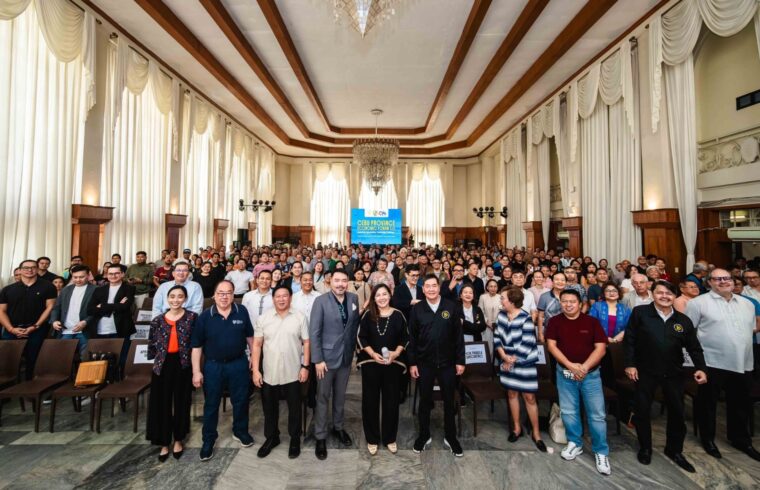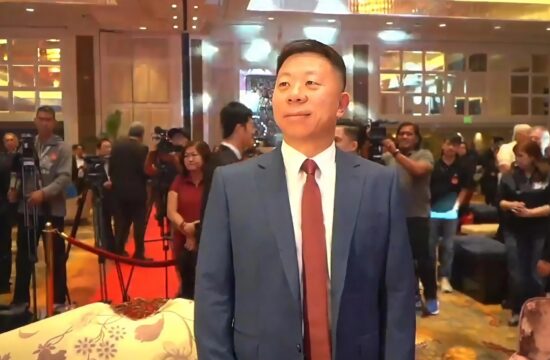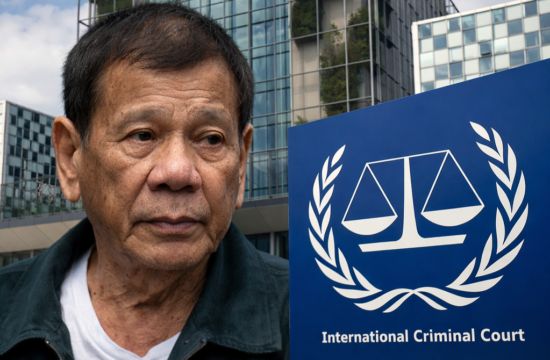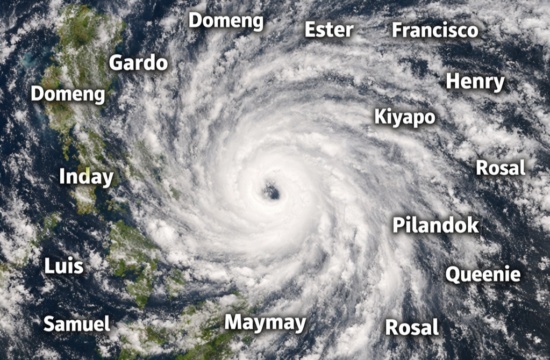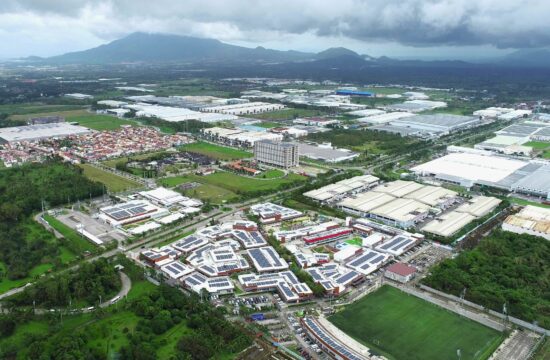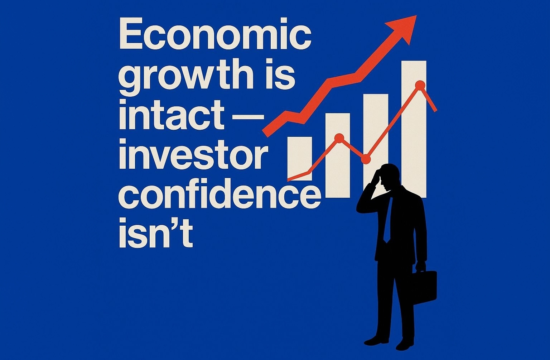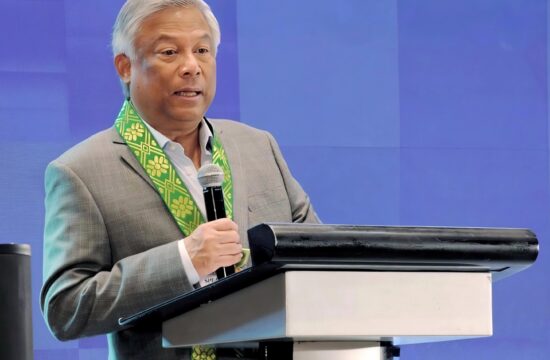Cebu reaffirmed its position as a model of foresight and inclusive progress during the 3rd Cebu Province Economic Forum, where leaders called for a decisive shift from resilience to readiness amid global and national uncertainties.
Held on October 10, at the Cebu Provincial Capitol Social Hall, the forum gathered government officials, business executives, and policy experts under the theme “Embracing Opportunities, Overcoming Challenges.” The event was organized by the Cebu Chamber of Commerce and Industry (CCCI) in partnership with the Provincial Government of Cebu.

Cebu Governor Pamela Baricuatro urged both the public and private sectors to move beyond reactive responses and adopt proactive leadership.
“Resilience is not enough. It cannot be our fallback every time disaster strikes,” Baricuatro said. “True strength demands foresight. It demands action. We must build not just back — but better, safer, and smarter.”
The governor emphasized that economic progress must reach all sectors — from farmers and fisherfolk to emerging innovators — anchored on unity, shared responsibility, and collaboration.
“If we want to move Cebu ahead, we must move as one — with a clear vision, shared responsibility, and genuine collaboration,” she said.
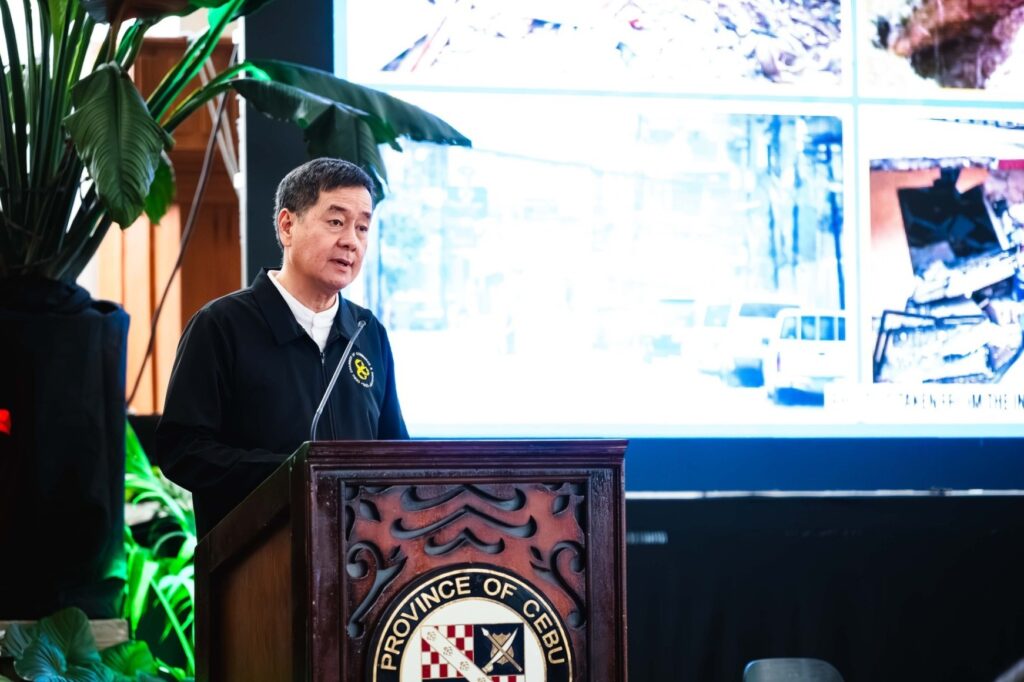
CCCI president Jay Yuvallos echoed her message, noting that Cebu stands at a crossroads where courage and clarity must guide its next phase of growth.
“Cebu remains a focal point of resilience and opportunity, but our progress depends on how we respond to our current realities,” Yuvallos said. “We must face economic headwinds head-on and convert challenges into pathways for inclusive and sustainable growth.”
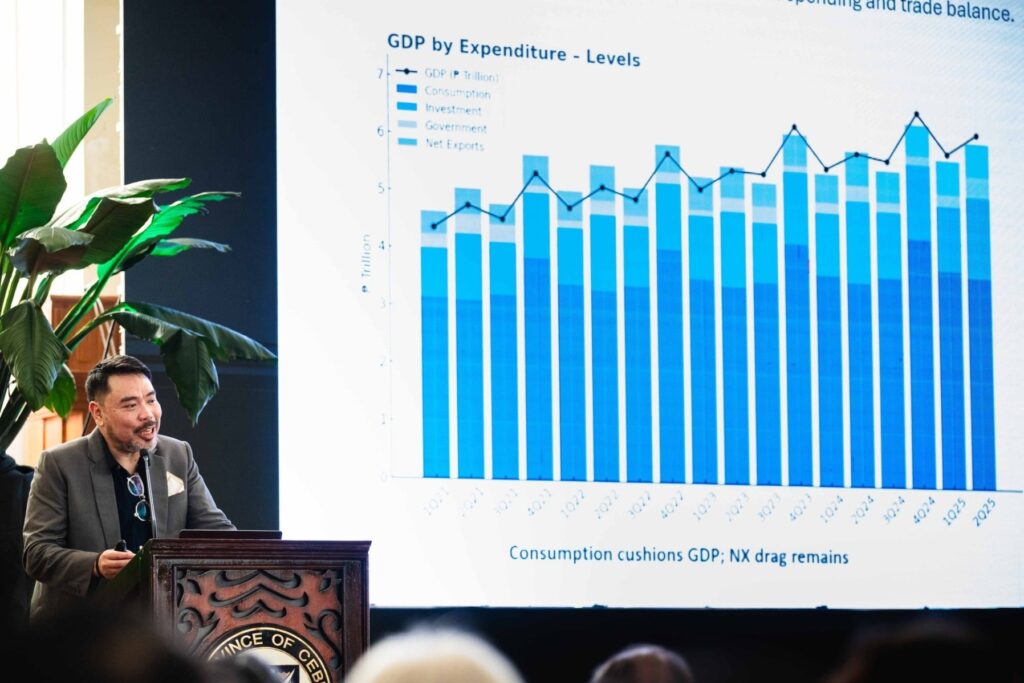
Economic expert Robert Dan Roces, senior assistant vice president at SM Investments, presented a data-driven look at the macroeconomic forces shaping business today, citing inflation, trade realignments, and evolving consumer behavior as critical factors influencing Cebu’s competitiveness.
Dr. Brian To, senior fellow at the Wharton School of the University of Pennsylvania, outlined global trends that will shape 2026 and beyond. He identified education, hydrogen energy, aviation, and food processing as potential drivers of Cebu’s global competitiveness, emphasizing “strategic agility and innovation” as non-negotiable tools for both business and government.
Evelyn Nacario-Castro, assistant regional director of the Department of Economy, Planning, and Development (DEPDev) Region VII, provided an overview of Cebu’s economic conditions following the recent northern Cebu earthquake. She said recovery efforts could ignite new growth in tourism, infrastructure, and renewable energy.
“Cebu continues to show strong domestic tourism growth,” she said. “With the expected resumption of international flights, we anticipate a stronger rebound in foreign tourist arrivals and increased investor interest.”
Nacario-Castro outlined several recommendations to sustain growth and readiness, including:
▪️Expanding trade with the EU, Chile, and Canada.
▪️Boosting agricultural productivity in hubs such as Dalaguete.
▪️Partnering with universities and technical schools to upskill workers for knowledge process outsourcing (KPO) and light manufacturing activities.
▪️Accelerating public-private partnerships in water and power infrastructure.
▪️Developing ready-for-occupancy industrial zones.
▪️Strengthening disaster response coordination.
▪️Expanding provincial healthcare systems and supporting the ASF vaccine rollout.
The forum closed with a shared message: Cebu’s future lies in preparedness, innovation, and collective action.
Economic Forum 3.0 underscored Cebu’s evolution from a province known for resilience to one driving forward with strategy and foresight — ready to lead the nation’s next chapter of sustainable, inclusive growth.

